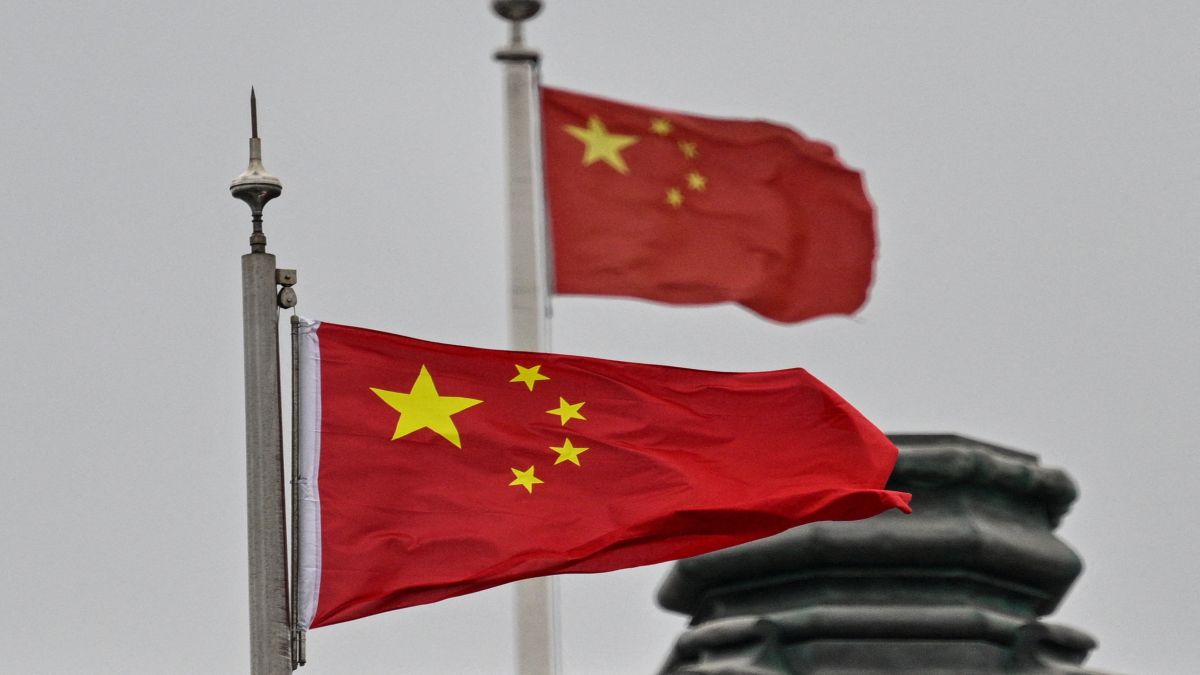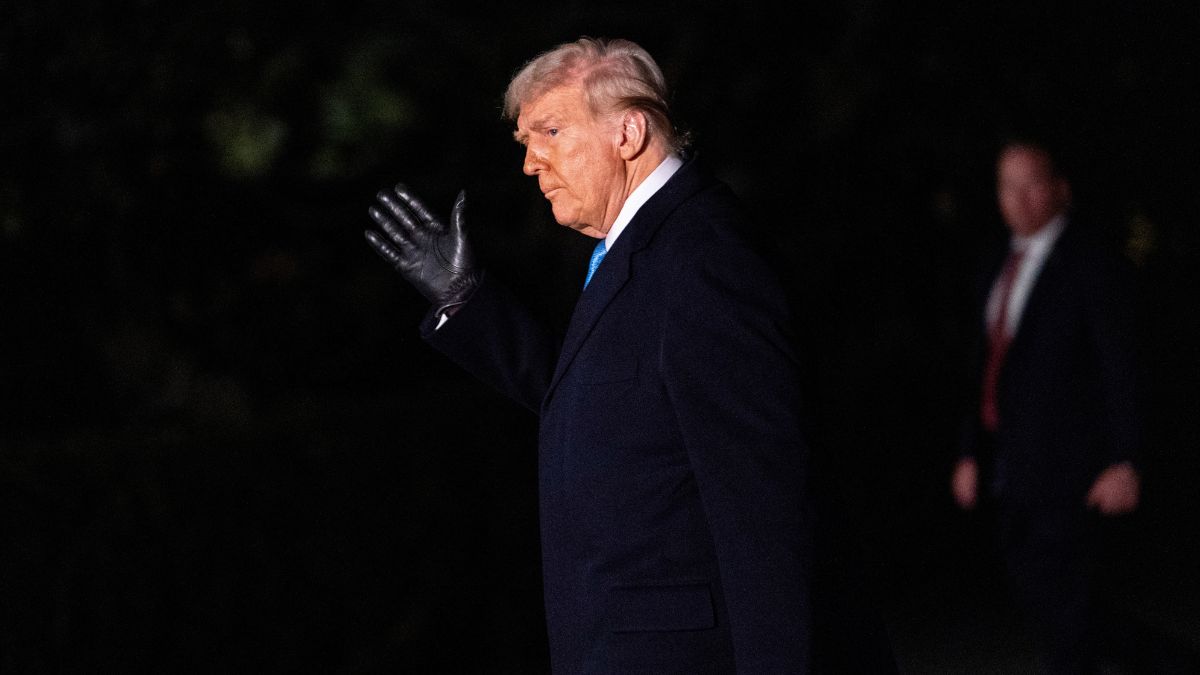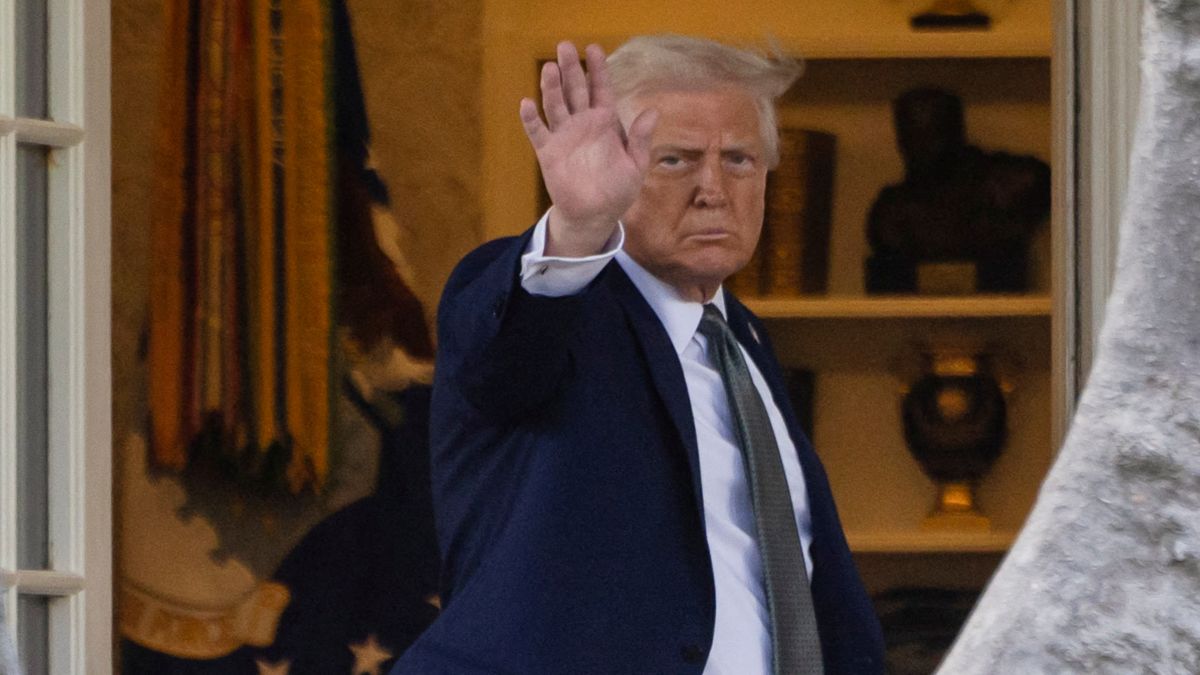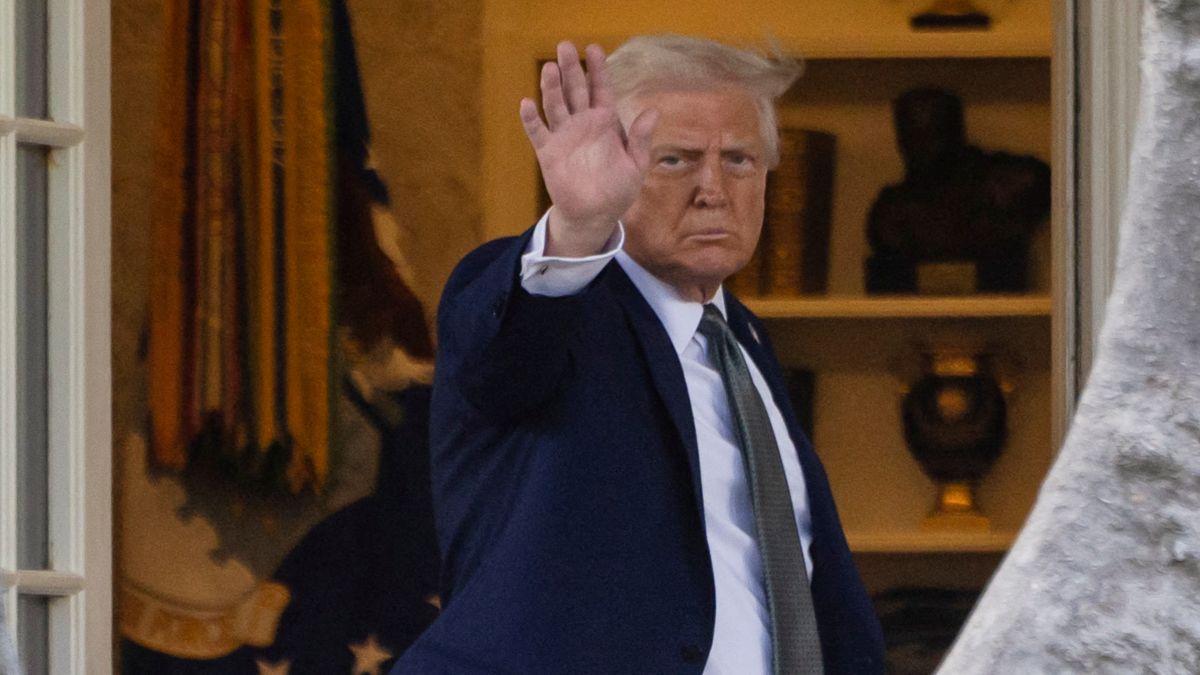A number of universities in Australia have shuttered Confucius Institutes (CIs).
The development comes after concerns that China is using these controversial educational centres to spy on its own students abroad and spread its propaganda.
Beijing has insisted that these centres, which teach about the Chinese language and culture, are a “bridge reinforcing friendship.”
The institutes are named after the famous Chinese philosopher Confucius (551-479 BCE).
But what happened exactly? What do we know about these centres?
Let’s take a closer look:
What happened?
According to BBC, six Australian universities have shuttered their CIs.
These include the University of Melbourne, the University of Queensland (UQ), the University of Western Australia (UWA) and the University of New South Wales (UNSW), and the Royal Melbourne Institute of Technology (RMIT).
Nearly half of the CIs in Australia have now been shut down.
According to Australian Broadcasting Corporation (ABC), there are still seven CIs in other educational institutions around the country.
The universities blamed “disruptions caused by the Covid-19 pandemic” for the closure of the CIs.
The development comes after Australia’s federal government in recent years said it would not allow more CIs to open.
What do we know about the centers?
As per The Diplomat, the programme was launched by China in 2004 under then President Hu Jintao.
As per The Conversation, they teach Chinese language and culture.
They offer courses ranging from calligraphy to cooking and tai chi.
They also offer translating and interpreting services, offer the Chinese language proficiency test, organise language competitions and arrange study tours to the mainland.
These centres have ties to the Chinese Communist Party (CPC), according to BBC.
As per ICWA, there are 496 Confucius Institutes in 160 countries around the world.
This includes, Europe (183), the Americas (84), Asia (143), Africa (67), Oceania (19), and South Asia (14).
They are aimed at “teaching students Chinese, promoting educational and cultural exchanges, and improving global understanding of China under the tenets of equality, friendly consultation, mutual respect, and mutual benefit.”
They are set up via partnerships between local institutions, Chinese universities, and government agencies.
Till July 2020, the CIs were run by the Chinese government agency Hanban (Office of Chinese Language Council International) – which gave money and resources.
Meanwhile, host universities offered classrooms and office space.
Hanban later became the Center for Language Exchange and Cooperation (CLEC).
A new non-profit, the Chinese International Education Foundation (CIEF), was established under CLEC to administer the CIs.
As per The Diplomat, interestingly, the United States was once home to over 100 CIs.
Today, most of them are shut.
However, National Association of Scholars reported in June 2022 that “the demise of Confucius Institutes has not deterred the Chinese government, which has persuaded American colleges and universities to reopen and rebrand Confucius Institute programs under new names.”
These institutes have long been the subject of controversy.
ABC in 2019 reported that teaching assistants who work at these CIs are required to have “good political quality” and a love of “the motherland.”
China expert professor John Fitzgerald from Swinburne University of Technology explained that “good political quality” means “to accept the Chinese Communist Party politics as your own politics and to express no political views of your own”.
“Politics is the exclusive preserve of the party,” Fitzgerald added. “It’s what the party does. This means, of course, that everything the party touches is political, including education and culture.”
Chen Yonglin, a former Chinese diplomat who defected to Australia in 2005, added, “Good political quality” means to “always be loyal to the Chinese Communist Party and nothing else.”
As per the Economist, in 2018 Victoria University cancelled a screening of a film criticising Confucius Institutes after protests from Chinese diplomats.
There have been also complaints by professors about free speech being clamped down on.
What do experts say?
Experts say the CIs are part of China’s ‘soft power’ strategy around the world.
In South Asia in particular, they are seen as an extension of the Chinese government’s foreign policy.
The China director of Human Rights Watch in 2019 told ABC, “Many fail to see that Confucius institutes are a part of a much bigger Chinese Communist Party agenda.”
Kevin Carrico of Monash University told the Economist, that it is “completely inappropriate for universities to host what amount to arms of the Chinese Communist Party on their campuses.”
Dr Jeffrey Gill from Flinders University, who studies Confucius Institutes, told the outlet that he “wasn’t surprised” by the development.
He said worries around foreign interference were “likely to be one factor.”
Gill is one of those who refute allegations that CIs push Chinese propaganda.
Gill, however, added that he not convinced that CIs were promoting “Chinese government propaganda” and they had “very little influence on perceptions of China in Australia and the Western world more broadly.”
Gil said they employ a “selective” teaching approach.
“[The programs] focus on positive aspects of China and try to portray a positive image,” he said.
“This happens by focusing their activities and programs primarily around traditional Chinese culture while ignoring sensitive topics such as the Tiananmen Square massacre, Taiwan and Tibet.”
“In this sense they portray a selective, rather than propagandistic, view.”
“If you look at the actual content, they are as innocent as strawberries. They look like the language teaching material for any other language you might want to pick up from a democratic parliamentary state,” a CI staff told Gill.
But some say a more serious look at CIs is needed.
A piece in ICWA noted, “The dual role of Confucius Institutes as both educational and political tools in South Asia exemplifies the intricate balance China seeks to maintain between cultural diplomacy and strategic influence.”
“Although these institutes offer cultural exchange opportunities, their impact on sovereignty and academic freedom in the region demands scrutiny. As South Asia continues to navigate its relationship with China, the role of Confucius Institutes will remain a critical analysis point in understanding the broader implications of China’s soft power strategy.”
With inputs from agencies


)
)
)
)
)
)
)
)
)



